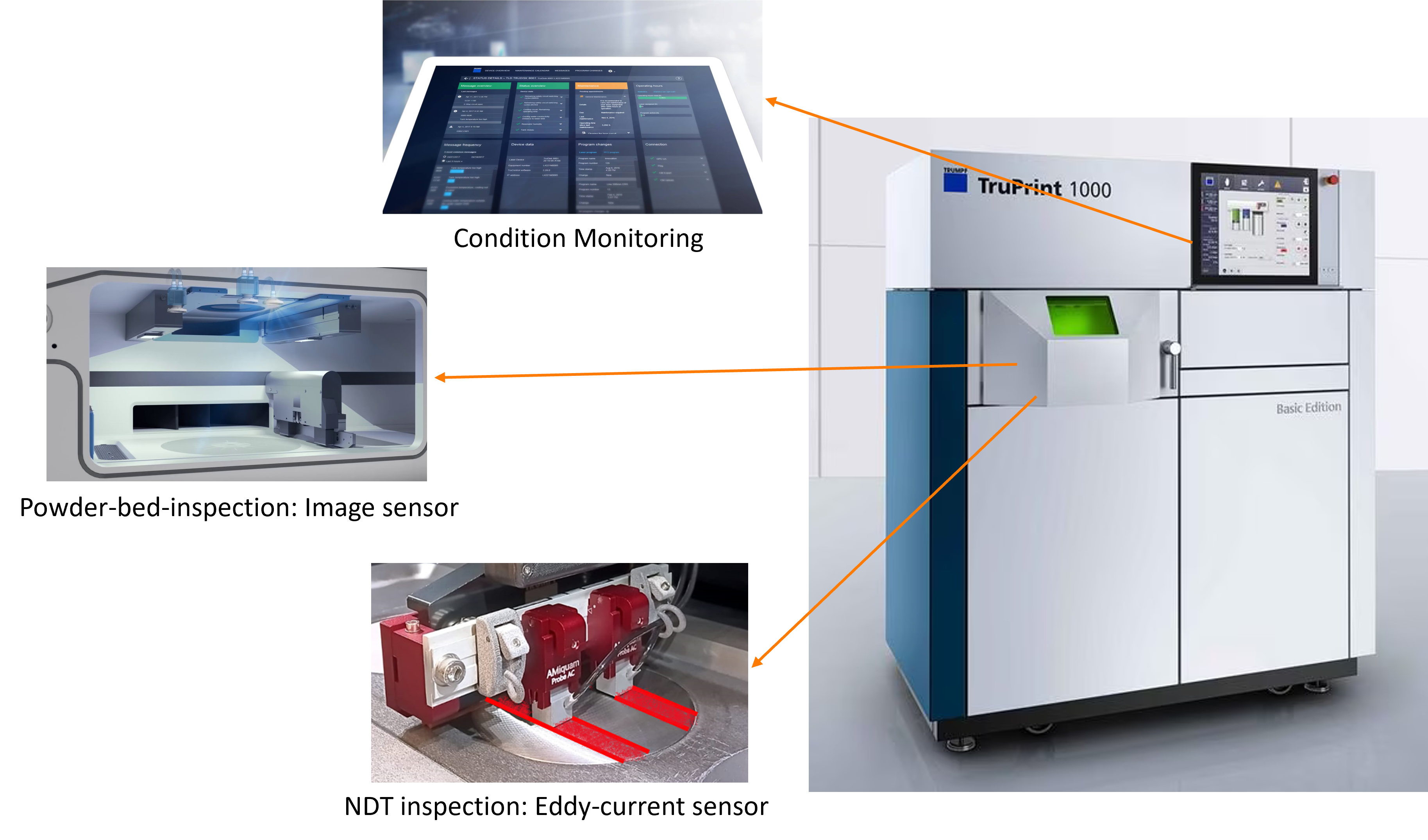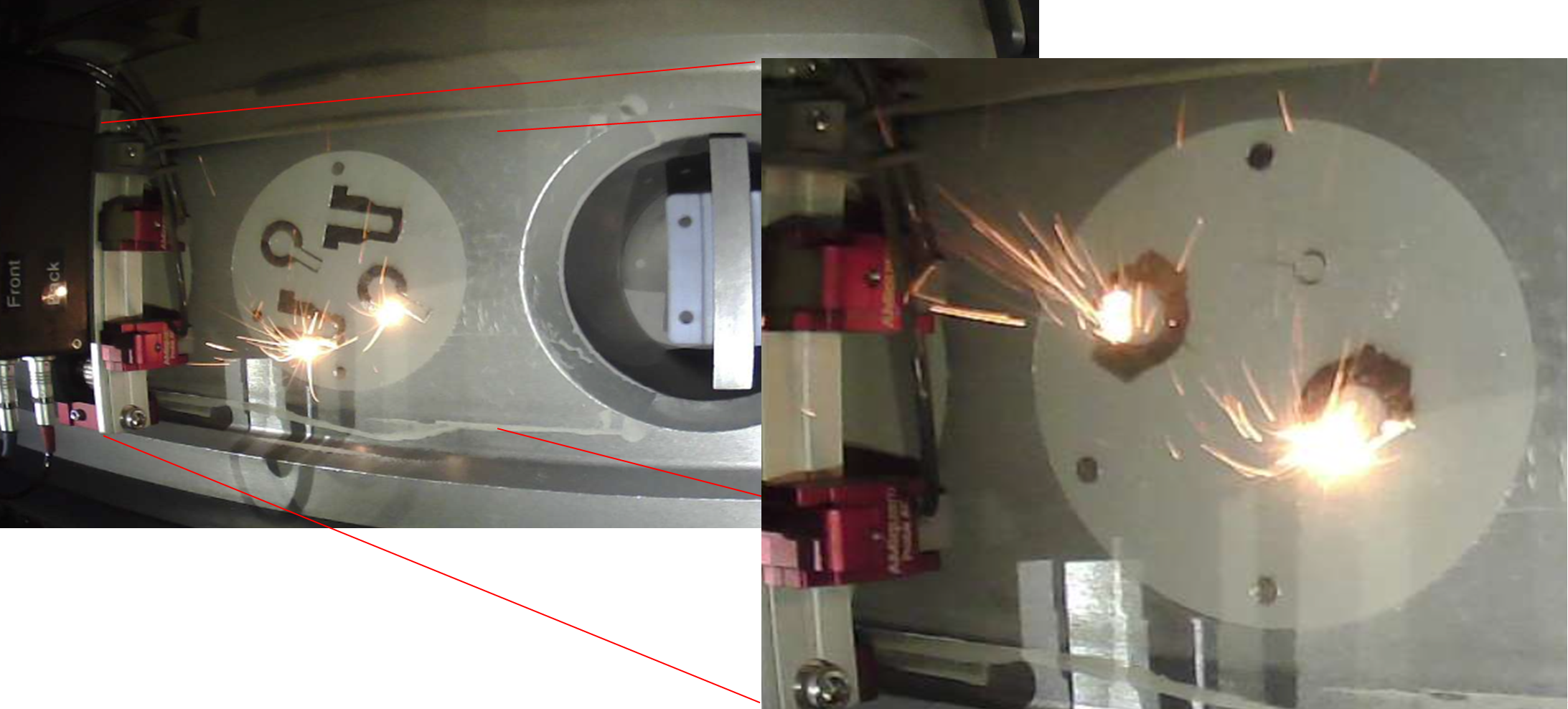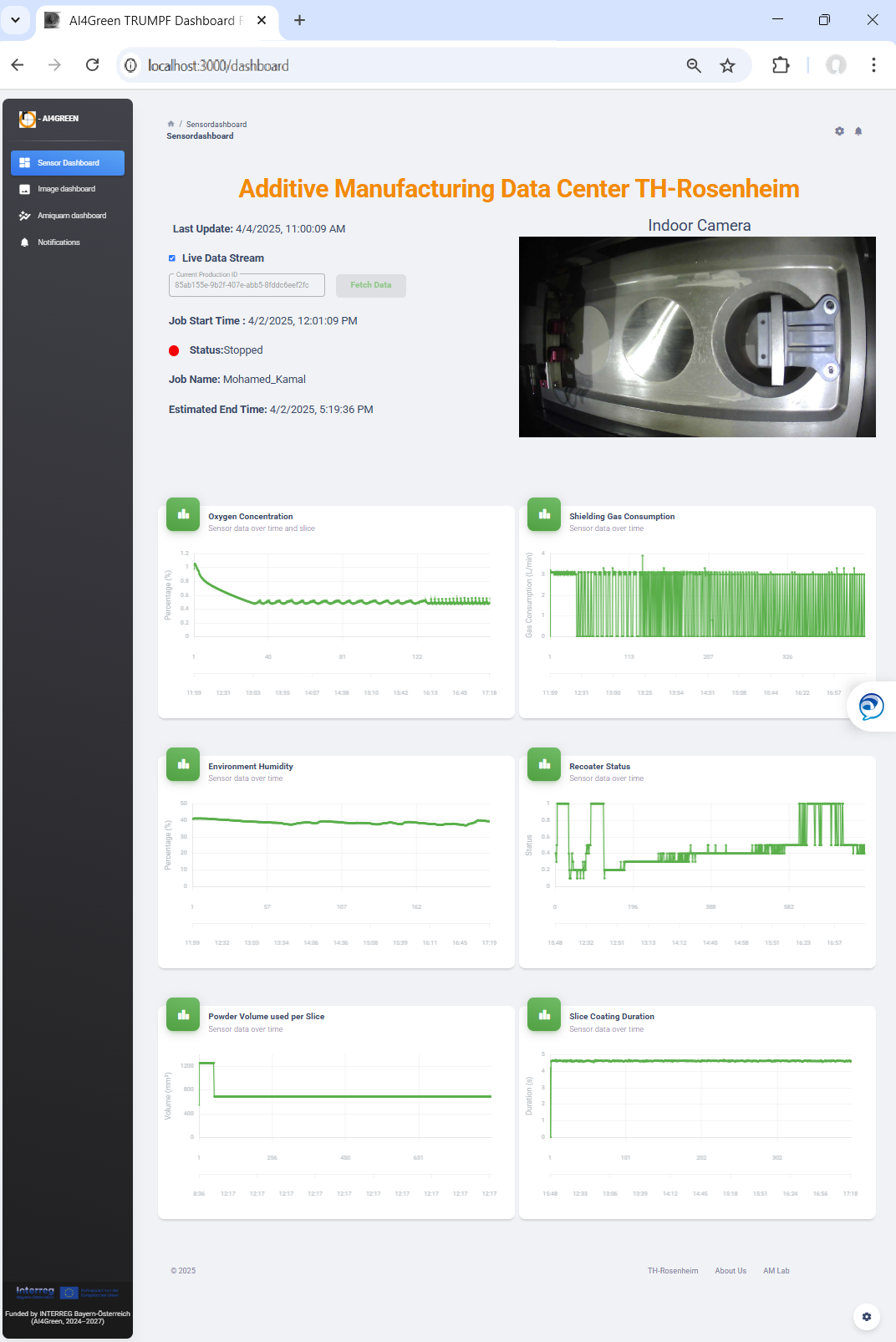Data Science for Sustainability
In the face of global challenges such as climate change, environmental pollution and increasing resource consumption, identifying sustainable solutions is of paramount importance. AI4GREEN is a future-oriented initiative that aims to identify potential savings and optimize production processes through the use of modern AI-supported methods.
The targeted use of artificial intelligence is intended to reduce energy consumption, increase resource efficiency and reduce greenhouse gas emissions. Overcoming these challenges requires interdisciplinary expertise from a network of academic and industrial partners.
Project background
AI4GREEN is helping to achieve its climate targets through three joint pilot projects:
1. reduction of the carbon footprint in agriculture
2. energy optimization in the use of robotic systems
3. resource optimization in product development
In collaboration with companies from relevant industries, specific problems are analysed and data-based solutions are developed. These industry-specific solutions serve as examples of best practice and are made publicly accessible via an open, dedicated knowledge platform. In addition to the pilot projects, all partners are involved in setting up an innovation network that promotes the exchange of experience between industry and research.
Project objective
AI-supported transformation is a central element of industrial innovation. After successfully digitizing data, the next challenge is to implement actionable processes that promote improvements, resource conservation and efficiency.
The AI4GREEN project focuses on the application of AI-supported optimization to improve industrial production processes and reduce resource consumption.
Project procedure
At Rosenheim Technical University of Applied Sciences, the project focuses on the development of an innovative AI-based process for quality assurance in laser powder bed fusion (L-PBF) of metal in the field of additive manufacturing (AM). The aim is to integrate multi-sensor data to identify errors in real time during 3D metal printing.
The technology is increasingly being used for the production of small parts in safety-critical areas such as aerospace, automotive and medical technology.
The detection system developed combines:
- Visual monitoring
- Sensors
Innovation
The combination of these sensors with a deep learning model enables early fault detection, which allows immediate intervention and thus prevents the production of faulty components. The aim is to reduce energy consumption, minimize material losses and save resources and time.
In addition, the automatic classification of different defect types is enabled, which increases the reliability of the manufactured components and improves the efficiency of the manufacturing process through real-time correction suggestions.
A special focus is also placed on solving technical challenges such as:
- Data synchronization
- Sensor integration
- Data acquisition
The collected data is not only used for quality assurance, but also for process validation and the creation of an internal knowledge database.
Overall, the AI-supported approach improves the precision of non-destructive testing (NDT) compared to traditional post-processing methods. The results demonstrate the potential of AI and multi-sensor monitoring to optimize the AM process control system - especially in safety-critical industries - and provide a solid foundation for future model-driven applications.
Technological contributions
Central innovations and contributions include:
- Multi-sensor integration: synchronization between data sources for holistic process analysis
- AI-based error classification: Automatic detection and classification of anomalies in real time
- In-situ process correction: feedback systems for direct process adaptation and error prevention
- Advanced non-destructive testing (NDT): AI-supported NDT offers higher precision and speed compared to conventional inspection methods
- Development of a knowledge database: Collected data supports both short-term quality assurance and long-term optimization and model validation
Conclusion
AI4GREEN illustrates the potential of artificial intelligence to promote sustainable innovation in industry. The focus on real-time error detection and intelligent process control in the field of additive manufacturing impressively demonstrates how AI can lead to significant ecological and economic benefits. The combination of AI, multi-sensor technology and advanced data management forms the basis for safer, more resource-conserving and more efficient industrial production.
Project lead
Sub-project lead
Project staff
T +49 (0) 8031 / 805 - 2835 kevin.lippmann[at]th-rosenheim.de
ORCID iD: 0000-0003-0122-4762
T +49 (0) 8031 / 805 - 2899 faiza.waheed[at]th-rosenheim.de
ORCID iD: 0009-0001-2680-1143




